Are too many women being jailed in Wales?
- Published
Mother "lost everything" to mental health
A woman jailed for two years for neglecting her children believes it could have been avoided had she got the mental health support she needed.
Her home was found to be knee-deep in rubbish, with cat and rodent droppings and no hot water or heating.
The Corston Report in 2007, external said only high-risk women should be jailed.
But a majority of Welsh women in prison are there for non-violent offences, while ministers have accepted short sentences are not generally beneficial.
There are growing calls for assurances that the Ministry of Justice (MoJ) will fund at least one new women's centre in Wales, to give the courts more sentencing options.
The MoJ said it wants to see fewer women serving short custodial sentences "as evidence clearly shows that putting them into prison can do more harm than good for society".
'I've lost everything'
The mother, from south Wales, had suffered with depression for years but after an abusive relationship ended she was left isolated, struggling to cope alone and her mental health deteriorated.
"I hold my hands up, I did live like that and it was disgusting, but I also cleaned my act up, for the sake of making somewhere safe, happy and clean for [my children]," said Louise, whose name has been changed to protect her children's identities.
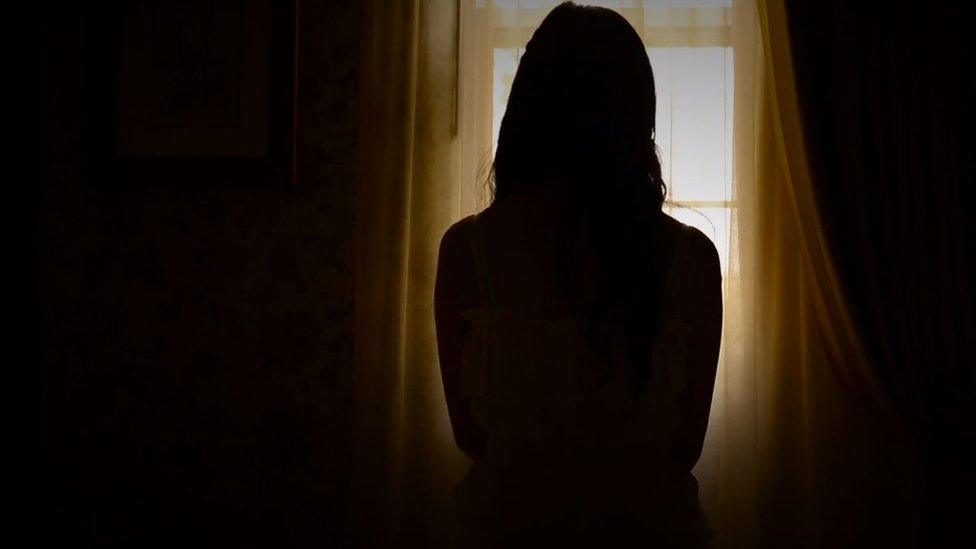
"Louise" says she has cleaned up her act and is getting help with her mental health
"I kept thinking to myself I know they can't live like this, but I physically could not pull myself out of it, to be able to sort everything else out. It still hurts now that I couldn't do it, it's something I'm very ashamed of."
In March 2018, she was given a two-year custodial sentence, which was later suspended by the Court of Appeal. By then she had already served 11 weeks in jail and had lost her council house.
"I've lost everything, I lost my house, all my possessions, I've self-harmed, I've cut myself to try and make myself feel nothing, just to go completely numb," she said.
"The help I'm getting now, if I'd got that four years ago I'd never have ended up in that situation."
In 2017, 87.4% of women given custodial sentences in Wales had committed non-violent offences - so offences other than violence, sexual offences, robbery, criminal damage, arson or possession of weapons; this figure compared to a rate of 74.7% for men. A breakdown for 2016, shown above, shows a similar pattern.
Between 2011 and 2016, the number of females given immediate custodial sentences in Wales increased by 18%.
Around three quarters of all women in Wales sentenced to immediate custody were handed sentences of less than six months.
Rhondda AM Leanne Wood, a former probation officer, said there needed to be as wide a number of sentencing options available as possible.
"I think we have to send fewer women to prison, generally, because when you look at the prison population you see people with chronic problems that need help and support," said the former Plaid Cymru leader.
"I accept some people need to be in a residential setting for their own safety - and perhaps for the safety of others - but we're talking about a tiny number among the female offending population."
Prof Kate Williams, from the Centre for Criminology at the University of South Wales, said judges need to be made more aware of the needs of women caught up in the criminal justice system.
"The punishment we typically give women is too harsh", she said. "Many of the problems that turn out to be criminal offending actually start because of issues they have to face and can't deal with, and we criminalise them for it, instead of trying to be a bit more understanding."
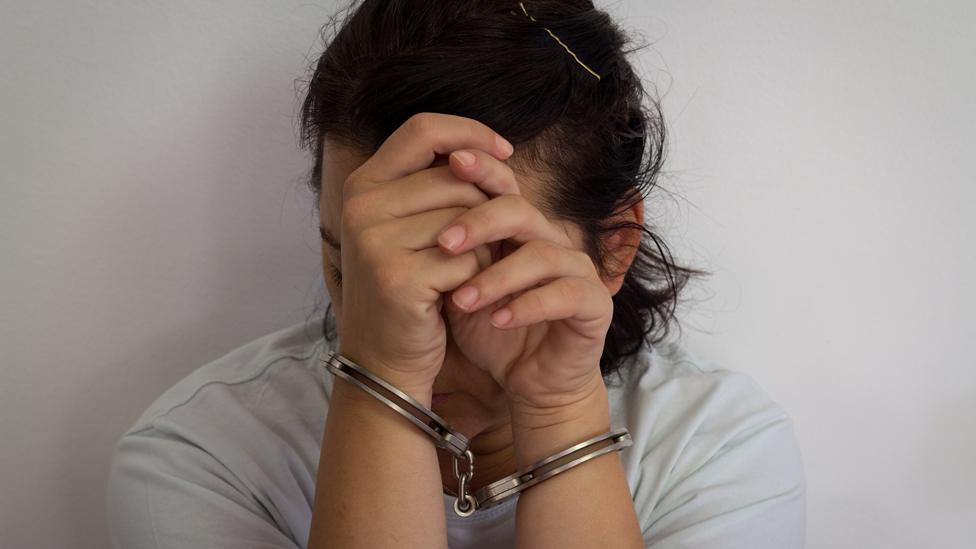
The number of females given immediate custodial sentences in Wales increased by 18% in the five years to 2016
A MoJ spokesperson said: "We want to see fewer women serving short custodial sentences as evidence clearly shows that putting them into prison can do more harm than good for society, failing to cut the cycle of reoffending and often exacerbating already difficult family circumstances.
"Instead, we are shifting the focus to managing women in the community where they can access a wider range of support, for example helping them with substance misuse and mental health problems."
- Published20 August 2018
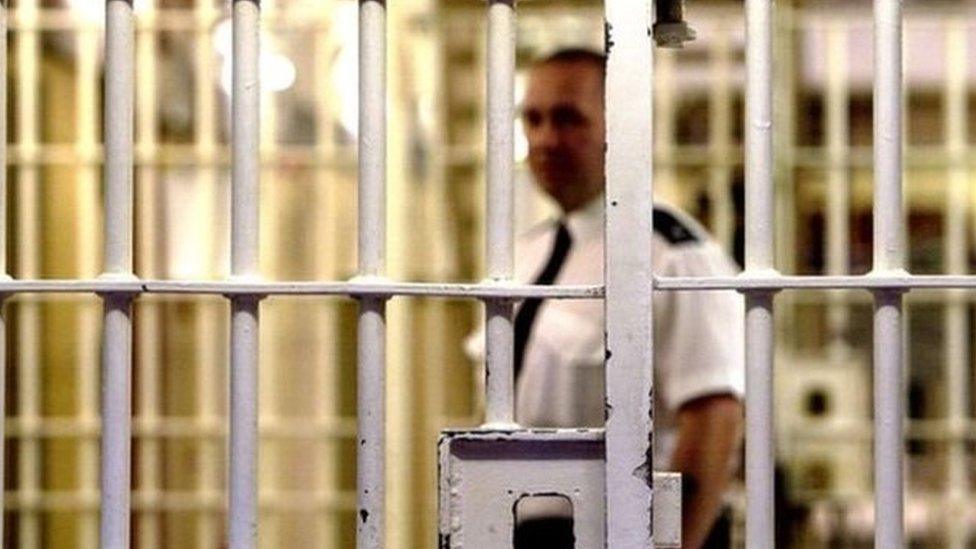
- Published25 February 2018
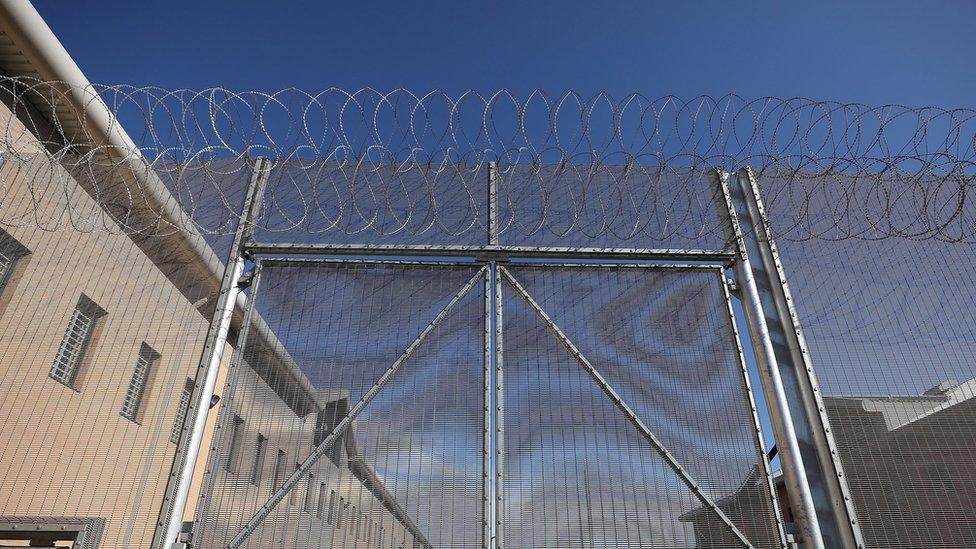
- Published30 March 2017
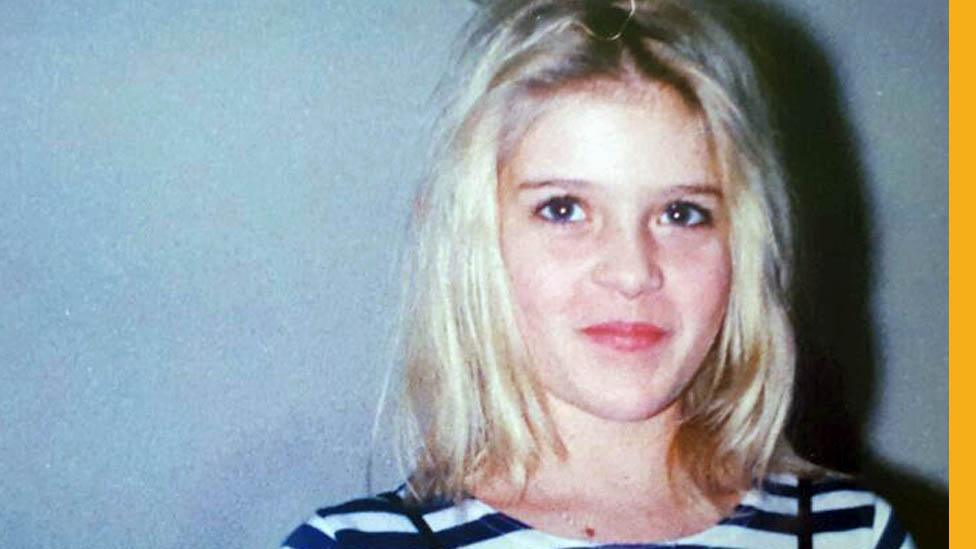
- Published15 July 2013
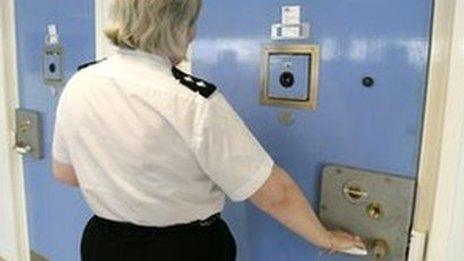
- Published10 July 2013
